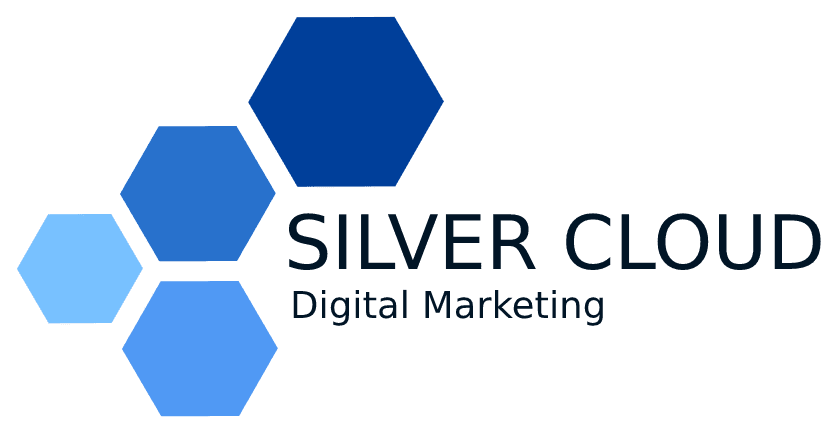SEO Fundamentals: The Ultimate Framework

Welcome to our ultimate guide to SEO Fundamentals. We will cover all the basics and advanced techniques you need to know to optimize your website for search engines and outrank your competitors.
At its core, SEO is about making your website visible and accessible to search engines like Google, Bing, and Yahoo. By following the best practices and proven strategies, you can improve your website's ranking and drive more organic traffic to your site.
Let's start with the basics. Keyword research is the foundation of any successful SEO strategy . You need to identify the keywords and phrases your potential customers are searching for and optimize your content accordingly. There are several tools available, such as Google Keyword Planner, SEMrush, Ahrefs, and Moz Keyword Explorer, that can help you find relevant and profitable keywords for your business.
Once you have your keywords, it's time to create high-quality and engaging content that satisfies both the users and search engines. Your content should be original, informative, and relevant to your audience's needs and interests. It should also be structured and formatted in a way that makes it easy for both humans and search engines to read and understand.
One of the most critical aspects of on-page optimization is meta tags. These are HTML elements that provide information about your webpage to search engines and users. The three most important meta tags are the title tag, meta description, and header tags. The title tag should include your primary keyword and be no more than 60 characters. The meta description should be a concise and compelling summary of your content and also include your primary keyword. Header tags (H1, H2, H3, etc.) should be used to organize and structure your content and make it easy to read.
Another essential on-page optimization factor is internal linking. Internal links are links that point from one page on your site to another. They help search engines understand the structure and hierarchy of your site and distribute link equity throughout your site. When creating internal links, make sure to use relevant anchor text that describes the linked page's content.
Off-page optimization is another critical aspect of SEO. This refers to all the activities you do outside of your website to improve your ranking and visibility. The most effective off-page optimization technique is link building . Link building is the process of acquiring backlinks from other websites to your site. The quality and quantity of backlinks are crucial factors in determining your site's authority and ranking.
To build high-quality backlinks , you need to create high-quality and link-worthy content that other websites would want to link to. You can also reach out to other websites in your niche and ask them to link to your site. Guest blogging is another effective link building technique where you write articles for other websites and include a link back to your site in your author bio.
In conclusion, SEO is a complex and ever-evolving field that requires a strategic and holistic approach. By following the best practices and proven techniques outlined in this guide, you can improve your website's ranking and drive more organic traffic to your site. Remember, SEO is not a one-time task but an ongoing process that requires constant monitoring, analysis, and optimization.
Click Here To Get A List Of Course to Further Expand Your Knowledge By One Of Our 5 Star Instructors.
Contact Us
Send a Message
Let us know the best way to reach you, and we will be in touch.

